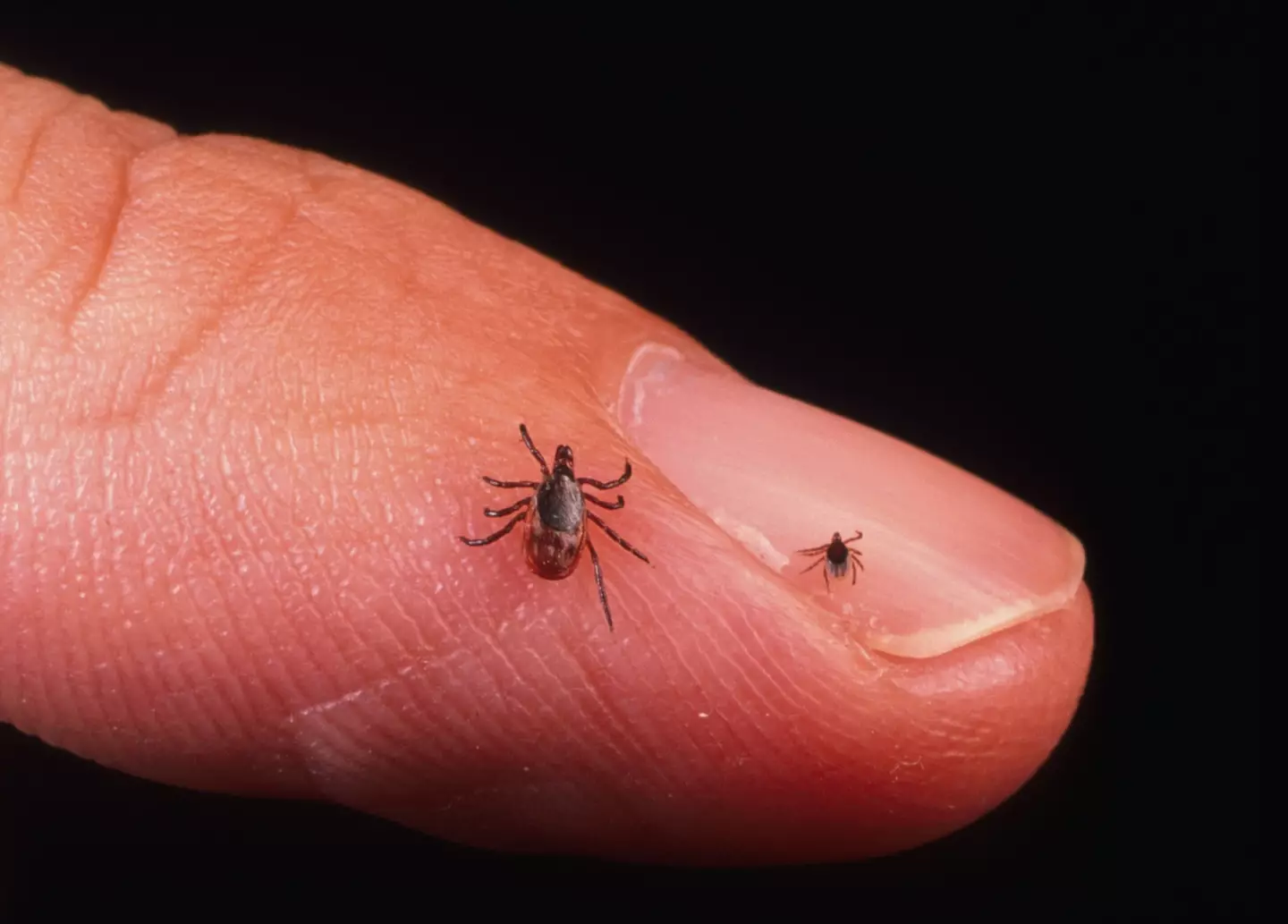
Scientists have revealed the location where you are most likely to develop an unusual allergy to red meat.
Yep - it turns out there is a specific region where you can become allergic to red meat.
This can be caused by certain ticks whose bite is able to trigger a condition called alpha-gal syndrome (AGS).
AGS is a type of acquired allergy that is characterized by a delayed onset of symptoms after ingesting red meat, usually starting around three to eight hours after eating.
Advert
The syndrome can cause someone to develop a potentially life threatening reaction to beef, pork, lamb and other animal products.

Now, a research team at the University of North Carolina at Chapel Hill believe they are now able to map out the risk of getting AGS based on your location.
Writing in the PLOS Climate journal, the scientists said: “Since the first documented case in the southeastern US in 2009, diagnoses of AGS have increased rapidly, with reported cases increasing from 24 in 2009 to over 34,000 in 2019.
Advert
“AGS is the leading cause of adult-onset allergies in the US, with test positivity rates of 30.5%.”
How does a tick bite trigger AGS?
Saliva from a tick already contains alpha-gal, which is a sugar molecule that is found in red meat.
When a person is bitten by a tick, alpha-gal is introduced into the bloodstream and it tricks the immune system into thinking that red meat is harmful to the body.
Advert
As a result, a person will usually experience symptoms such as breaking out in hives, feeling nauseous, wheezing, low blood pressure and fatigue.

The study authors continued: “Understanding environmental factors affecting AGS risk is important for identifying at-risk populations for intervention strategies (e.g., educational campaigns and diagnostic testing).”
The team has mapped a whopping 462 cases that have been confirmed in places like North Carolina, South Carolina and Virginia.
Advert
Areas with the biggest risk include forests with a mix of trees, tall grass and shrubs.
How can you prevent getting a tick bite?
It’s advisable to cover as much skin as possible when out for a walk and wear light-colored clothing so that it’s easier to spot a tick on you.
Use insect repellent, make sure to apply it to exposed skin as well as clothes.
Advert
Shower within two hours of getting home and be sure to wash your clothes in hot water to kill any ticks that might be on them.